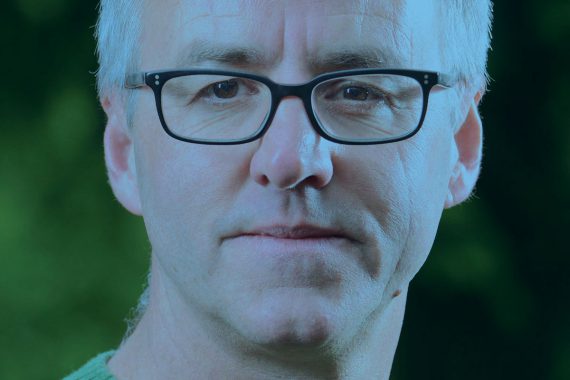
One of biggest behavioural changes I’ve noticed in my 20 years as a GP is that a lot of us are moving from substantive salaried and partnership posts to becoming freelance locum GPs. But rather than empowering locum GPs to support practices, the NHS seems quite content to let locums flounder without any concerted efforts to help organise us into a healthcare system that’s getting more complex by the day.
Rather than resist the move to locuming by simply ignoring locums, we must embrace a model whereby locums are wholly supported to form chambers-like organisations (almost like locum federations) that can work intelligently with local practices to fully support them. In this model, the practice-based GPs are properly enabled to be the ‘named GP’ for patients with chronic or complex needs who need relationship as well as management continuity; 30-minute appointments allowing holistic care, with each named GP at the heart of a team of admin support, practice and community nurses, allied health professionals and social care navigators and givers, all responsible for the same named patients and all with excellent links with any secondary care teams.
At the moment we’re in a situation of chaos, with no formal mechanisms to support locums
Members of the new locum federations could be flexibly deployed to manage patients who still need excellent continuity of management, but do not have such complex problems requiring a ‘named GP’ approach. For example, if the regular practice-based GPs are triaged to see patients who have an existing condition, locum GPs could concentrate on new symptoms for patients with all other existing conditions, or any presentation in a patient with no chronic conditions (chest pains, a mole, a rash, depression). GPs with special interests or skills could also put these into use across different settings, even across different practices.
This is necessary because at the moment we’re in a situation of chaos, with a legacy of absolutely no formal mechanisms to support locums in managing their work or operating in multiple settings.
This vacuum left by the absence of support from the NHS is, to me, fundamental to the position that general practice currently find itself in. Among other things, it’s being filled by locum agencies competing with each other to offer the highest pay to their locums in a bid to attract GPs to work for their client practices, that in turn drives up resentment towards ever more expensive locums, making life even more difficult for practices. Then add to that the eye watering restrictive contracts that agencies and online locum networks get practices to sign up to in their small print like a time bomb that, should the locum take up a substantive post, the practice is then charged 15% of the GP’s annual salary. All this is hardly conducive to bolstering the future of general practice.
Yet despite all this expenditure, all that cash being spent to get a GP locum to the practice, none of this enables a system-wide coordinated approach that whole areas can use to actually intelligently manage their local workforce. Instead, it’s the better-organised practices (arguably those that need it the least) that get their GP locum cover.
The ultimate inefficiency though lies with the caseload that’s finally presented to the locum, which this new model would fix. GP locums are experts in fitting into new practices, adapting to new systems, being that fresh pair of eyes, and seeing a patient objectively without any previous prejudices, good or otherwise. This can be the locum’s strength; research suggests that locums may have the edge in spotting certain cancers and many patients either don’t mind, or even positively appreciate, getting a different opinion. But for a substantial group of patients with long term, complex problems it makes little sense for them to be popped into a 10 minute ‘on the day’ appointment with a GP who has no soft knowledge of them and is probably never going to see them again.
As well as seeing a much-needed increase in funding to primary care, an increase in the number of GPs, I hope we can start seeing the estimated 17,000 GPs who work as locums as part of the solution and build systems that properly engage with them to intelligently support a revised version of practice-based care.
Dr Richard Fieldhouse is chair of the National Association of Sessional GPs (NASGP), director of a locum chambers and a GP in West Sussex
This is part of our ‘Great GP Debate’ season. If you would like to write a blog on how you see the future of general practice, then please email the Editor at [email protected].
Pulse October survey
Take our July 2025 survey to potentially win £1.000 worth of tokens





 Oviva’s fully remote Tier 3 Weight Management programme
Oviva’s fully remote Tier 3 Weight Management programme








